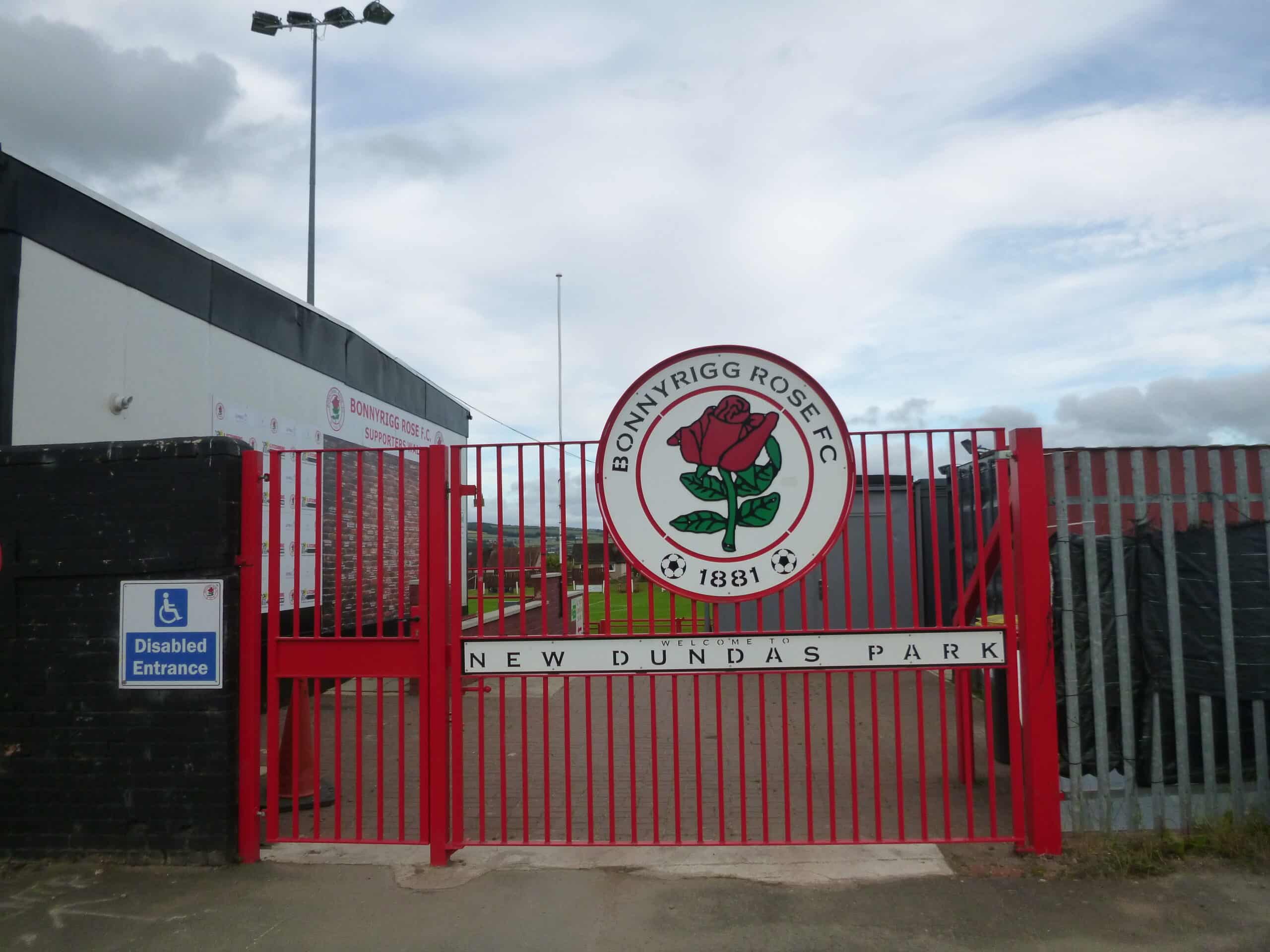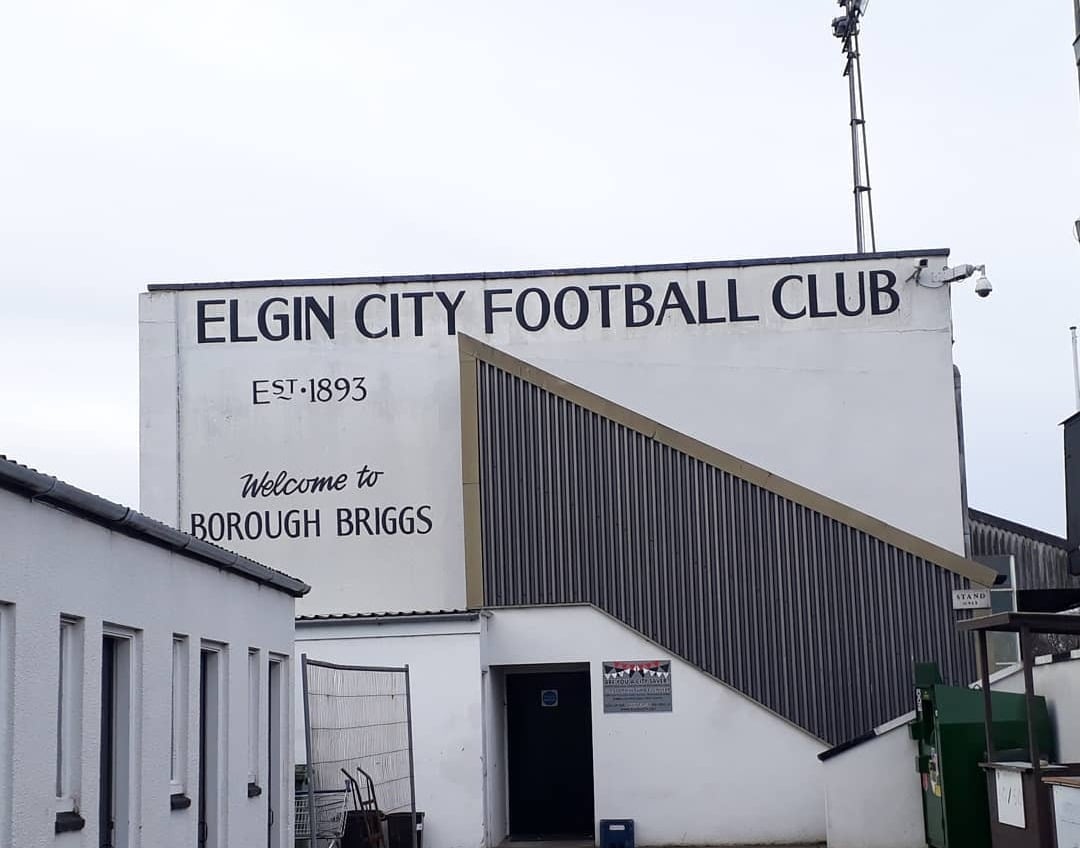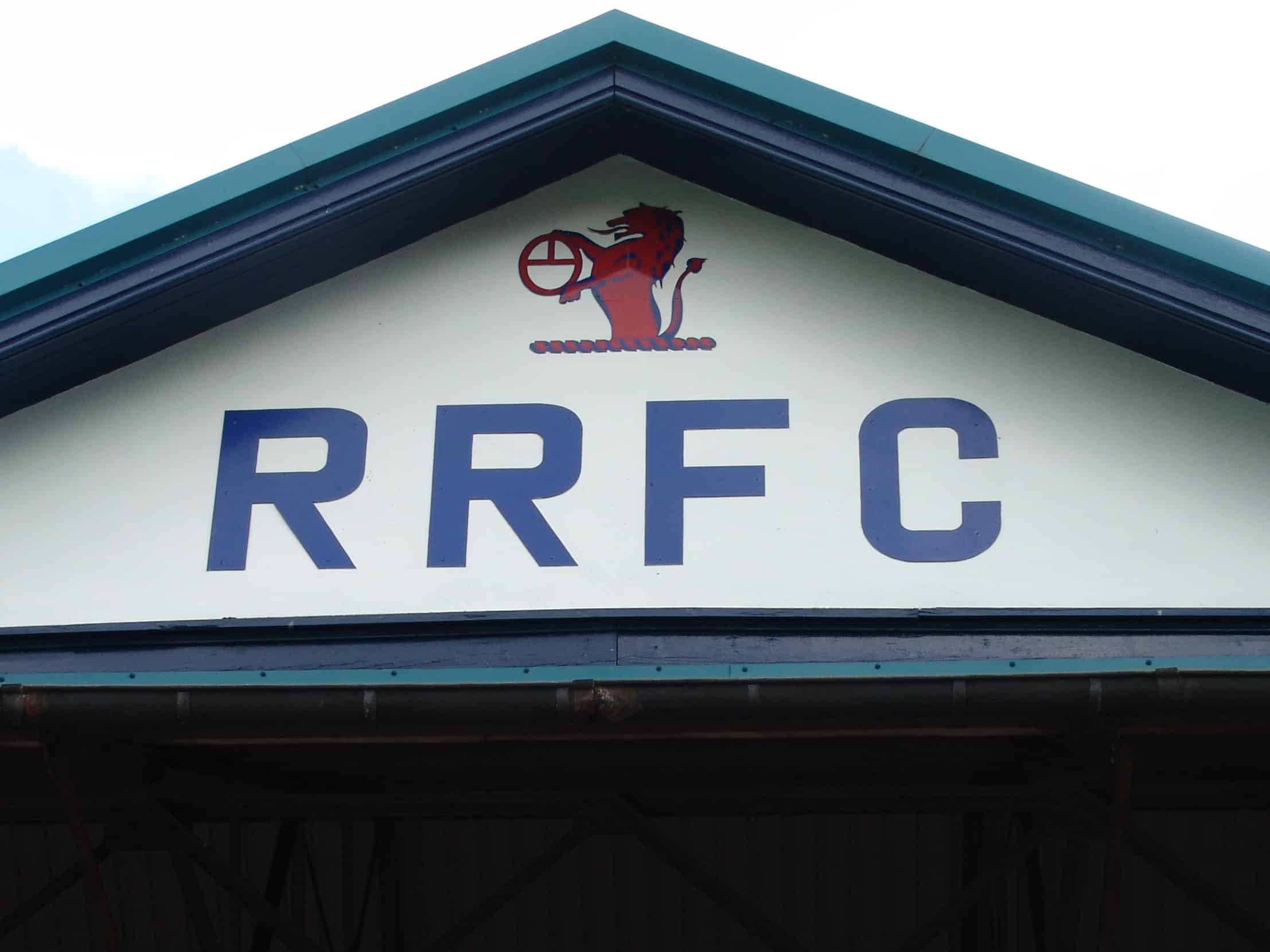A fan’s guide – the club from early doors to today
In Scotland’s top flight for nearly 40 years unbroken, Motherwell have also been regular performers in Europe, initially after taking advantage of Rangers’ demise to claim top-three finishes in the Premiership.
In terms of silverware, though, the club’s only honour in modern times came in 1991, and an epic battle with Dundee United. The late, great Davie Cooper and Phil O’Donnell, who also died young in the service of Motherwell FC, helped the Steelmen to a 4-3 win after extra-time to lift the Scottish Cup.
Each player has a stand named after him at Fir Park. Its history dates back to 1895, a decade after the club was formed in this industrial, later steel, hub 25mins south-east of Glasgow by train.
Historic rivals of nearby Hamilton Academical, the club’s first opponents, Motherwell changed to their now familiar amber and claret shirts in honour of Bradford City, cup winners south of the border in 1911. That year John ‘Sailor’ Hunter joined the club as manager, a position he would hold until 1946.

With goals from Hughie Ferguson and his replacement Willie MacFadyen, Motherwell established themselves as the third power in Scottish football after Celtic and Rangers. After a successful summer tour of Spain in 1927, beating Real Madrid and drawing with Barcelona, the Steelmen put in consistently serious title challenges before the one and only championship victory of 1931-32.
George Stevenson, who later replaced Hunter as manager, joined MacFadyen in the forward line for the high-scoring campaign, MacFadyen notching 52 goals, a Scottish record to this day. It was also the first time that the title hadn’t gone to the Old Firm since 1904.
Thrice league runners-up, thrice cup finalists that decade, Stevenson’s Motherwell picked up more silverware after the war with a 4-0 cup win over Dundee in 1952. After Stevenson, Bobby Ancell came in as manager for the next decade, bringing through youngsters such as Ian St John and Willie Hunter. St John would later become one of a string of big-name coaches in the modern era, followed by Ally MacLeod and Alex McLeish.
The most successful was Willie McLean and, later, his brother Tommy, who faced each other at the 1991 Scottish Cup Final. An extra-time goal from Steve Kirk settled this 4-3 thriller, an away-goals defeat by Katowice the only tie of Motherwell’s subsequent debut European campaign.
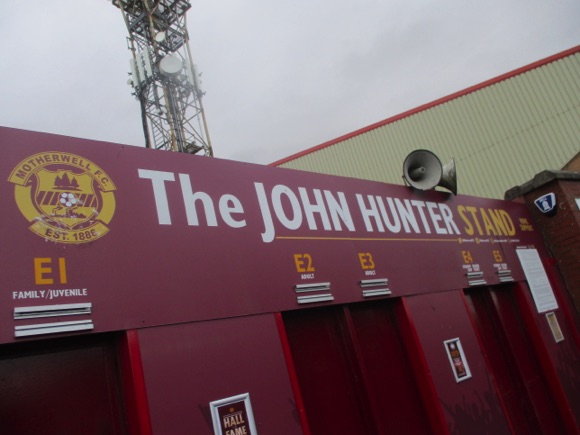
A third place in 1995 again opened the door to Europe. Paul Lambert’s performance against Borussia Dortmund in the UEFA Cup saw the Motherwell star move to Germany the following season. Another prodigy, James McFadden, was sold on when bankruptcy threatened, the Scots international returning to Fir Park in 2013.
The Steelmen got through two early rounds of the Europa League in 2009-10 and 2010-11, when a cup final appearance put the Steelmen back in the domestic spotlight. Quality performances by Estonian Henrik Ojemaa and Michael Higdon kept Motherwell at the top of the chasing pack in 2012-13 – although both were sold before 2013-14.
The players who then came to the fore were both English: Lionel Ainsworth, and a returning John Sutton, brother of former Celtic star Chris, and best known for his thumping volley in the cup semi-final of 2011. Going into the last day of 2013-14 season needing to beat Aberdeen at Pittodrie for second place, the Steelmen grabbed a late, late winner thanks to defender Craig Reid.
Initially, Motherwell’s luck deserted them in 2014-15, a late penalty by little Stjarnan helping push the Icelandic side through in the Europa League, and a shoot-out defeat to rivals Hamilton ending interest in the League Cup.
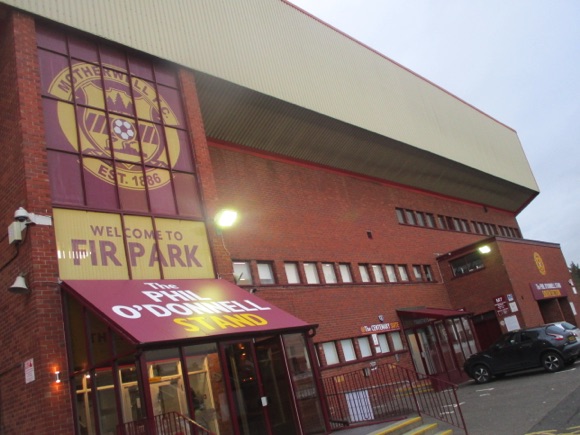
Then the Steelmen surprised many with their easy destruction of a long-absent Rangers in the Premiership play-off, 3-1 at Ibrox and 3-0 at Fir Park. A fan takeover the following year stabilised the club, before former Northern Ireland international midfielder Stephen Robinson took them to two finals in 2017-18, both lost 2-0 to Celtic.
With the rise of midfielder David Turnbull, the brightest young prospect at the club in years, Motherwell impressed again in 2018-19 but perhaps Robinson’s greatest achievement was to achieve third place in the Premiership without him in the pandemic season of 2019-20.
While major surgery on Turnbull’s knee postponed his £3 million move to Celtic, a club record, his teammate, fellow Motherwell academy graduate Allan Campbell, ran the midfield to push his club above Aberdeen for a European place.
With Robinson lured away by Morecambe – after taking the Steelmen to the Third Qualifying Round of the Europa League – Motherwell eventually found a suitable replacement in Graham Alexander, who had worked miracles at Fleetwood.
Defeat to Sligo in the Europa Conference League then led to his dismissal in July 2022, leaving Motherwell with little prospect of Europe in the season to follow.


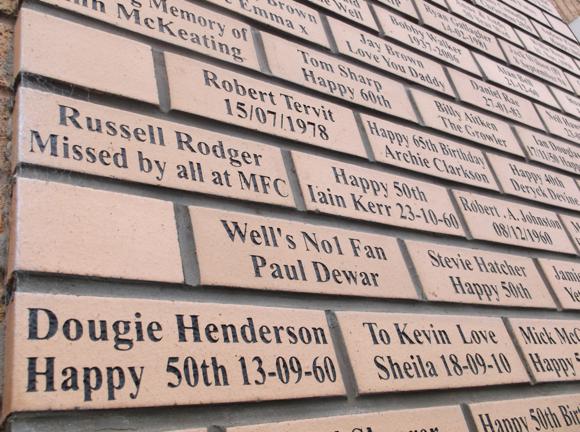

Ground Guide
The field of dreams – and the story behind it



Motherwell’s home since 1895, 13,700-capacity Fir Park has two stands named after much-loved Steelmen who passed away in the cause of duty: Davie Cooper and Phil O’Donnell.
The first modern-day stand, though, was financed through the sale of another Motherwell legend, Ian St John, to Liverpool. Up until 1961, Fir Park had been a reasonably basic ground, at the mercy of the elements but capable of squeezing in 30,000-plus crowds when cup runs or title challenges demanded.
Gradually becoming all-seater as legislation tightened in the early 1990s, Fir Park assumed something like its current appearance, protected from strong winds, with the building of the Davie Cooper North Stand in 1995.
The Main Stand is named after Phil O’Donnell. The loudest home fans gather in the John Hunter Stand opposite. Visiting supporters are allocated the Tommy McLean Stand, behind the south goal.
getting here
Going to the ground – tips and timings
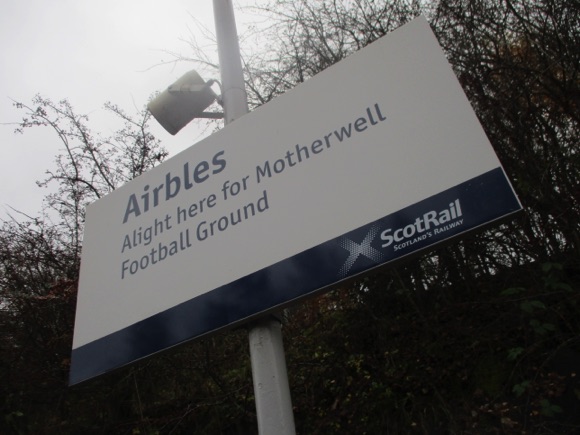
The quickest way to get to Motherwell is the train to Airbles from Glasgow Central (lower platforms, usually No.16; every 30mins, journey time 30mins). If you’ve just missed one, you can also change at Motherwell.
The stadium is signposted from Airbles station – bear right from the rail footbridge on Airbles Road, over the first roundabout, then turn right at the second, by the Vauxhall Garage. You’ll see the stadium floodlights diagonally left. Allow 10min walking time.
Alternatively, bus X11 runs from Glasgow’s Buchanan Street to Airbles Road, around 30min journey time.
The sat nav code for Fir Park is ML1 2QN. The Motherwell Civic Centre (ML1 1XD) has a free car park on MacDonald Street (ML1 1XD), open every day, about 10-15 mins’ walk from Fir Park.
Getting in
Buying tickets – when, where, how and how much
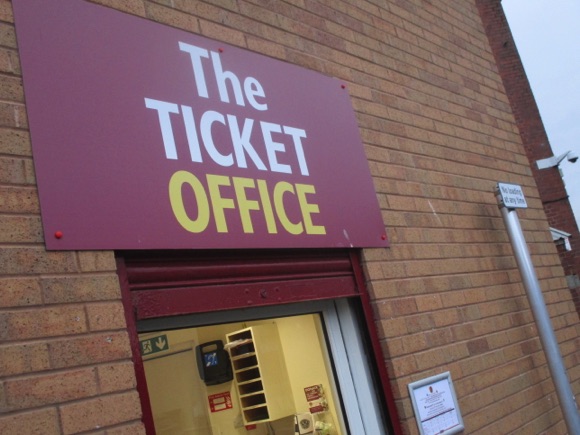
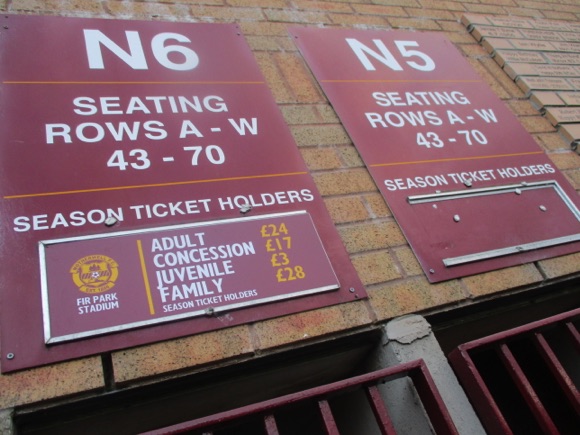
The ticket office (Mon-Thur 9am-5pm, Fri 9am-4pm, match-day Sat 10am-kick-off, card payments only) is set between the Davie Cooper and Phil O’Donnell Stands, where Edward Street meets Fir Park Road. The club also distributes online.
For all enquiries, contact 01698 333 333, tickets@motherwellfc.co.uk.
Admission is £26 except in the home John Hunter Stand, where a seat is £24. Discounted prices for seniors and students are £19 across the board, £12 for teenagers, £6 for kids. For Category A games against the Old Firm, it’s £33, £24, £12 and £6, and £26/discounted £22 in the John Hunter Stand.
what to buy
Shirts, kits, merchandise and gifts
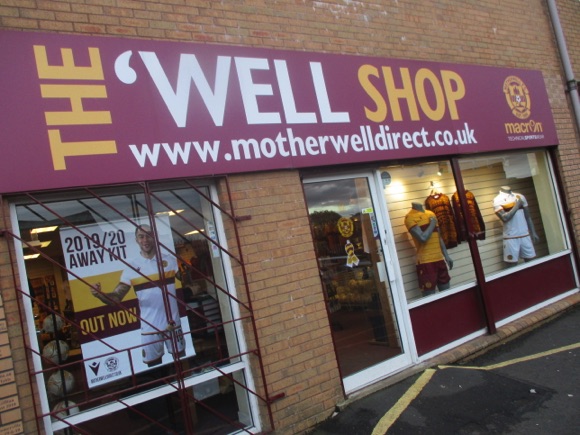
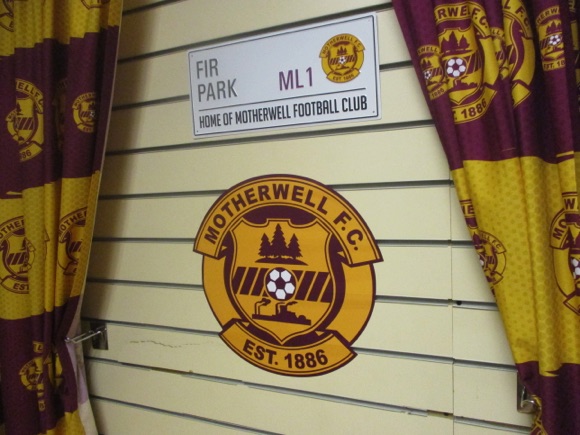
The ‘Well Shop (Mon-Fri 9.30am-5pm, Sat 9.30am-1pm, match-day Sat 9.30am-kick off) is behind the Davie Cooper Stand on Knowetop Avenue. The current iteration of the home shirt features a red band across a yellow top, with red collar and cuffs. The stylish change strip is red with a yellow sash.
T-shirt designs include the geocoding for Fir Park and a retro rework of MFC’s 1970s’ top, a vintage touch also given to beach towels in Motherwell colours.
Where to Drink
Pre-match beers for fans and casual visitors


The first bar you come to at Airbles station is The Electric Bar overlooking the footbridge, with pub grub, TV football and seats outside. Further up Airbles Road nearer the ground, by the roundabout, the Steelworks Bar (Glencairn Street) features big-screen TVs for match action, decent grilled dishes, pool and live music on Saturdays. Closed Mondays.
By the ground, the Club 100 (13 Edward Street) is the former Fir Park Club, where a beer garden sits out front and pool tables await inside. Framed photos of Motherwell players and line-ups decorate the walls. Open to all, closed Mondays.



















